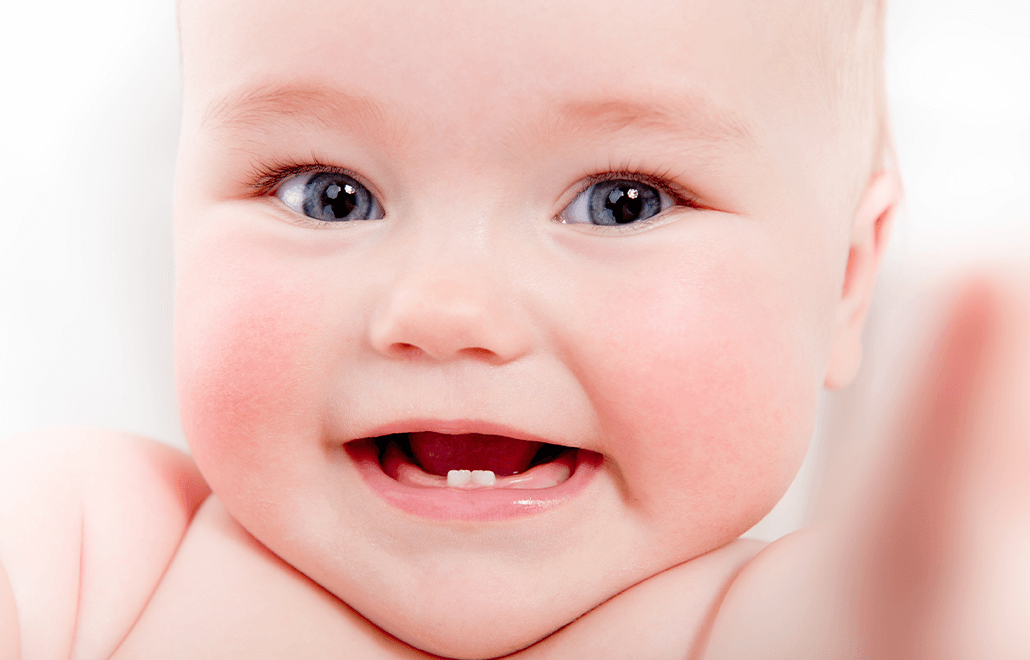
27 Oct Nursing and Dental Health
Hello mamas and mamas-to-be! As you prepare for your little one to arrive, you’re often filled with a million thoughts and tons of questions. One question many soon-to-be-mamas are often asked is are you planning to nurse or use a baby formula? If you’re still undecided or maybe even thinking about changing your current decision, please read on to discover another reason that breastfeeding is beneficial!
Yes, it’s true that breastfeeding has many positive attributes but did you know the positive impact it can have on a baby’s dental health? That’s right, a baby can have improved dental health when breastfed. Let’s look at two of the biggest benefits to breastfeeding and dental health.
Reduced risk of tooth decay
Unfortunately, tooth decay is one of the leading chronic conditions of children. Over the years, research has shown that babies who have been exclusively breastfed for 6 months were 28% less likely to have experienced tooth decay, cavities, or even toothaches when compared to babies who were never breastfed. Dental decay is the result of how the formula is broken down in the body. Breastmilk’s main type of sugar is lactose which is far less likely to cause dental decay when broken down as compared to sucrose the common sugar found in formula. In addition, breastmilk also contains other antibodies and proteins which limit bacterial growth in the mouth and therefore limit dental decay further.
Better Bite
Over the years there have also been several studies that have looked at a baby’s teeth development. Studies have found that babies who were exclusively breastfed for the first 6 months had fewer malocclusions or teeth alignment issues when compared to babies who were breastfed for shortened periods or not at all. This includes fewer open bites, crossbites, and overbites. This is attributed to the fact that breastfeeding is an act of sucking and children who have been breastfed often have stronger facial muscle activity when compared to children who were bottle-fed. Breastfeeding requires the baby to engage in an active squeezing action to nurse which allows for more facial growth and development of jawbones. While on the other hand, bottle-feeding is a much more passive action for babies and can cause a less adequate development of these same structures which can result in a lack of space for teeth in the baby’s mouth.
Good Hygiene Habits
It is never too early to begin healthy dental hygiene habits. For babies, you can begin by wiping the baby’s gums twice a day with a soft cloth. Once the baby has a teeth breakthrough you can then begin brushing the teeth twice a day with a soft, small-bristled toothbrush and water. For young children/toddlers, you can also incorporate a training toothpaste (fluoride-free). Talk with your child’s dentist by the age of 1 to determine the most appropriate time to bring them in for their first visit. Also, discuss with your child’s dentist when the most appropriate time is for children to begin using fluoride toothpaste.
Other health benefits
In addition to the dental health benefits, breastfeeding also offers a list of other benefits for babies including lower risk of asthma, obesity, type 1 diabetes, lower respiratory disease, ear infections, and gastrointestinal infections. Overall babies tend to have better, stronger immune systems. Mom also receives benefits from breastfeeding like lower risk of high blood pressure, types 2 diabetes, and ovarian and breast cancer.
Sources:
American Dental Association Breastfeeding: 6 Things Nursing Moms Should Know About Dental Health
Centers for Disease Control and Prevention Children’s Oral Health
Centers for Disease Control and Prevention Breastfeeding: why it matters
Colgate Dental Education Programs Breastfeeding and Oral Health
Ketyer, N. Nursing Improves Dental Health

